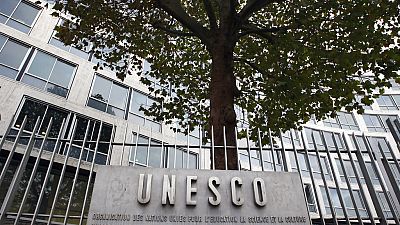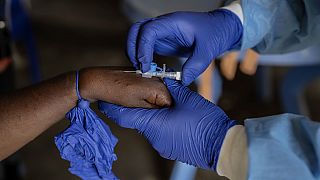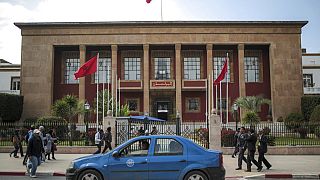Morocco
In total, 64 cities from 35 countries have joined this network, reported the United Nations Educational, Scientific and Cultural Organization, UNESCO. And there are 13 new African cities.
The Global Network brings together cities that stand out for promoting lifelong learning among their inhabitants, we can read in a UNESCO press release.
The new cities joining the Network were chosen on the recommendation of a jury of experts.
A genuine commitment to learning by the mayor and city administration, as well as a set of good practices and public policy initiatives, are essential prerequisites for becoming a learning city.
13 new African cities have joined this list.
Alexandria, Egypt
Sharkia, Egypt
Zefta, Egypt
Agadir, Kingdom of Morocco
Essaouira, Kingdom of Morocco
Fez, Kingdom of Morocco
Bikok, Cameroon
Maroua 1er, Cameroon
Yaoundé 1er, Cameroon
São Filipe, Cape Verde
Gagnoa, Ivory Coast
Dakar, Senegal
Chinhoyi, Zimbabwe
“Cities are essential to transforming the right to education into a tangible reality for individuals of all ages. With these new admissions, the network now includes 356 cities from around the world, which share their know-how and pave the way for lifelong learning opportunities for 390 million citizens,” underlined the Director General of UNESCO, Audrey Azoulay.
A connection between educational, training and cultural institutions, as well as the engagement of a wide range of partners such as representatives of the public sector, civil society organizations and employers, constitute the key characteristics of learning cities of UNESCO.
They effectively mobilize resources across sectors to promote inclusive and quality learning, from basic to higher education, and revitalize learning within families and communities, facilitate learning in place work, while expanding the use of modern learning technologies, concludes the press release












00:52
EU pledges $96M loan to Cameroon to boost infrastructure
11:05
New era of sovereignty in Mali's gold sector [Business Africa]
00:58
Egypt says its working to halt Israel's 'aggression' on Lebanon
02:00
Campaigning heats up in Senegal ahead of snap legislative elections
02:19
15th edition of Biennale of contemporary African art opens in Dakar
01:37
UN agricultural fund calls for adaptation financing for small-scale farmers